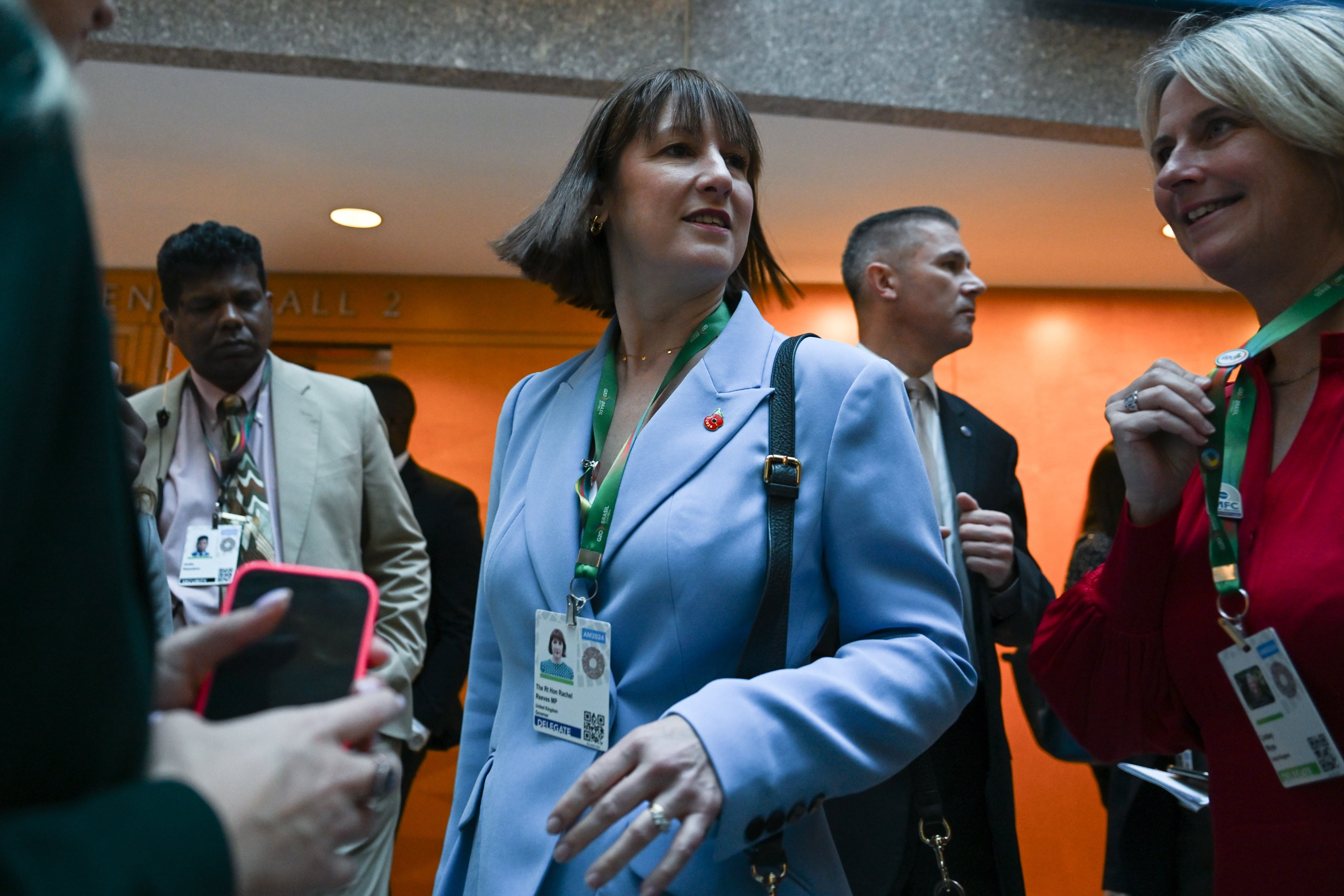
The stormy fifty days of former Prime Minister Liz Truss at the head of the British Government They served as a vaccine for the Labor Party, which was able to experience firsthand how easy it is to make the markets nervous with poorly thought-out and poorly anticipated budgets. The new Minister of the Economy, Rachel Reeveswhich will present its first accounts on October 30, confirmed this Thursday that it will change the way to calculate public debt in order to keep its promises of rigor and fiscal responsibility and at the same time guarantee investments in infrastructure and public services that the United Kingdom needs like breathing.
The announcement has not caught anyone by surprise. Reply to a slow and methodical maneuver by Reeveswho worked for a few years in the Research Department of the Bank of England, in whose hands Prime Minister Starmer has left the economic helm of the country. The minister revealed at the end of July, just a few weeks after the Labor Party won the elections, an alleged hole in public accounts of more than 26 billion euros, inherited from previous conservative governments. From there, to the irritation of the unions and the rank and file of the party, There were warnings of future cuts to settle accounts. It was a matter, the minister explained and Starmer confirmed, of making painful decisions as soon as possible, to later ensure long-term investments and growth.
Next came suggestions that the next budget would include increases in the Social Security contribution portion (National Insurance) that companies pay. And an increase in the Capital Gains tax in case the shares were sold. The Government insisted: the greatest tax burden would fall on the shoulders of the richest, and there would be no tax increase for the “working classes.”
And during all these weeks they launched constant balloons probe the media about an alleged change in the rules with which public debt is measured. Starmer and Reeves have committed to maintaining the rule that was imposed more than two decades ago by the Labor Chancellor of the Exchequer, Gordon Brown, and that subsequent Conservative governments have maintained: reducing the percentage of debt to GDP at the end of the five-year term. years.
Many experts had questioned a rule that was as rigid as it was imprecise—planning for such a long term led to miscalculations—that tied the Government’s hands and feet. In order to achieve some extra space, Reeves has finally decided to follow the recommendations of many economic think tanks, and use the so-called PSNFL to measure debt (Public Sector Net Financial LiabilitiesNet Financial Obligations of the Public Sector). With this criterion, the Government can include in its national accounting assets that at the moment lack liquidity, but will have it in the future, such as loans for university tuition (close to 24,000 million euros per year), public participations to rescue banks during the financial crisis or the Bank of England’s loans to financial institutions under its Term Funding Scheme.
With the new formula to measure the debt, Reeves could obtain a cushion of almost 60,000 million extra euros to be able to make the public investment promised in the electoral program with which the Labor Party won the elections on July 4. Reeves has promised not to spend all that money, and to impose “guardrails” to his new fiscal rules that ensure certain reserves to avoid future scares.
“The new fiscal rules, and the guardrails that I am going to impose around them, will help us build the decade of national renewal that we have promised, while providing the stability necessary to support investment,” the minister wrote in a tribune for the newspaper Financial Times.
This stability responds in part to the second rule promised by Reeves: the Government, he assures, will only carry out current spending that can be financed with tax revenues, never with public debt.
The minister has confirmed her commitment in Washington, where she attended the annual meeting of the International Monetary Fund. “We will ensure that the ratio of debt to GDP falls during this parliamentary period, but with the changes introduced we will free up money to invest in things that ensure a long-term return for our country and for taxpayers,” he said in the capital. US.
The rate of return, or yieldof 10-year British public debt bonds, rose up to six percentage points this Thursday, in response to Reeves’ announcement, although it fell slightly again at the end of the day. That is to say, the possibility of borrowing money has become more expensive for the United Kingdom Government, at least momentarily.

